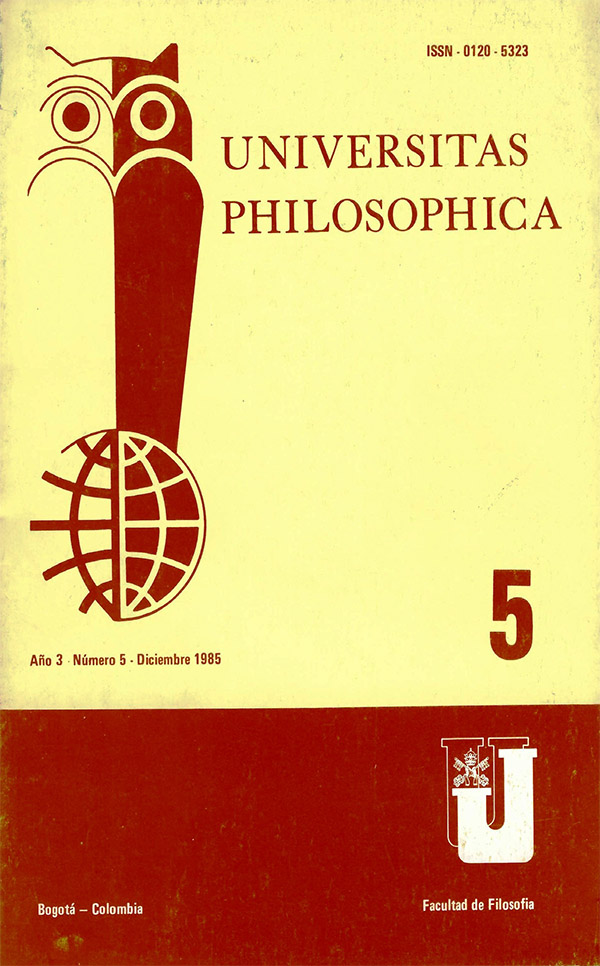Abstract
En los momentos históricos en los cuales se ha absolutizado una idea de hombre, según la visión de un Estado, o un paradígma científico, algunos filósofos, como es el caso de Jaeger, Popper y Foucault, han sentido la necesidad de apropiarse del mundo específicamente griego del saber -que está en la entrada de ese supremo arte de hacer que el hombre sea plenamente humano, que es la paideia griega-, para desde él ilustrar a su época. El autor de este artículo encuentra la razón de este hecho en que la paideia coincibe al hombre y la verdad como ideales, como posibles que permitan (a diferencia del poder) incluir la utopía y la esperanza en el ámbito del pensamiento y de la vida colectiva. La paideia supone siempre un no saber del hombre sobre sí mismo que constituye a este en un hermeneuta de su porpio ser. El griego entiende que su tarea consiste en actuar desde un permanente interpretar el mundo e interpretarse a sí mismo porque ha aceptado que la verdad nunca está acabada, que es tarea siempre abierta, y sabe que afortunadamente, "los dioses no revelaron a los hombres todas las cosas" (cfr. Jenof. Fr. 18).This journal is registered under a Creative Commons Attribution 4.0 International Public License. Thus, this work may be reproduced, distributed, and publicly shared in digital format, as long as the names of the authors and Pontificia Universidad Javeriana are acknowledged. Others are allowed to quote, adapt, transform, auto-archive, republish, and create based on this material, for any purpose (even commercial ones), provided the authorship is duly acknowledged, a link to the original work is provided, and it is specified if changes have been made. Pontificia Universidad Javeriana does not hold the rights of published works and the authors are solely responsible for the contents of their works; they keep the moral, intellectual, privacy, and publicity rights.
Approving the intervention of the work (review, copy-editing, translation, layout) and the following outreach, are granted through an use license and not through an assignment of rights. This means the journal and Pontificia Universidad Javeriana cannot be held responsible for any ethical malpractice by the authors. As a consequence of the protection granted by the use license, the journal is not required to publish recantations or modify information already published, unless the errata stems from the editorial management process. Publishing contents in this journal does not generate royalties for contributors.


